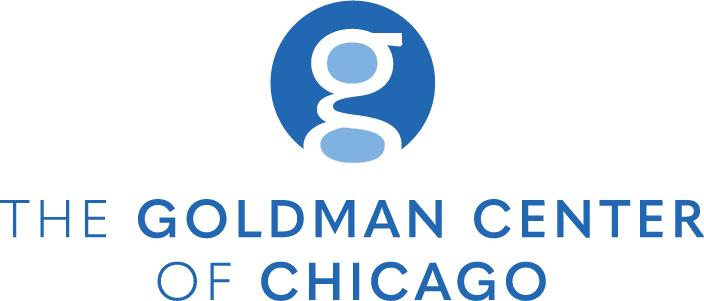A diagnostic evaluation typically assesses developmental milestones and delays to gain more insights about how children learn best, as well as services or supports that might be beneficial to promote their progress. During the evaluation, the professional who is administering the assessment will use a combination of parent report and child observation to determine the child’s strengths and any areas of concern. These areas may include:
- Speech and language
- Behavior
- Adaptive functioning
- Social communication skills
Speech and language: A clinician will often conduct an assessment of the child’s speech and language in order to assess a child’s verbal and nonverbal communication skills. The areas assessed can include expressive and receptive language (i.e., a child’s ability to express themself through verbal or nonverbal language), as well as their ability to understand and interpret verbal and nonverbal language. A clinician can also assess the child for speech sound production and oral motor skills.
Behavior: A clinician can look for the presence of unexpected behaviors or the absence of developmentally appropriate skills. For example, children with autism might exhibit restricted interests in certain subjects or activities, as well as repetitive behavior patterns. An example of a restrictive interest behavior may be a child who watches the same short video or portion of a video over and over again for hours; and an example of repetitive behavior could be a child who claps or flaps their hands in front of themself repeatedly.
Adaptive functioning: Adaptive functioning refers to “everyday life skills” that an individual uses in order to exercise independence. These can include feeding oneself, dressing, asking questions, and problem solving. A clinician may choose to evaluate adaptive functioning through the use of play-based activities in order to determine where a child needs support to gain better self-care and independent skills.
Social communication skills: Social communication skills refer to a child’s ability to communicate with peers and adults, as well as participate in social activities. The areas of social communication assessed can include: use of eye contact, use of gestures, joint attention, turn taking, and play behaviors. Similar to adaptive functioning, social communication skills are often assessed through a series of play-based activities that provide the clinician with the opportunity to see how a child would respond in different environments and to various everyday stimuli.
Depending on the parent and/or teachers concerns, the diagnostic evaluation may also asses other skills and areas of development.
Once a clinician assesses these key areas of development, they will be able to pair their findings (and standardized test scores) with parent and teacher reports in order to provide a diagnosis and recommendations for treatment.
Do you have questions about diagnostic evaluations? Contact the Goldman Center to speak with one of our specialists who can answer your questions at (773) 998-8500.
References:
“Autism Spectrum Disorder: Assessment.” Spectrum Disorder: Assessment, ASHA, www.asha.org/PRPSpecificTopic.aspx?folderid=8589935303§ion=Assessment.
“Elements of an Evaluation for Autism Spectrum Disorder.” Center for Autism Research, https://carautismroadmap.org/elements-of-an-evaluation-for-an-autism-spectrum-disorder/
Kacinski, Anna. “8 Things You Should Know about the Diagnostic Evaluation Process for Autism Spectrum Disorder.” Alternative Behavior Strategies, 30 Oct. 2018, https://alternativebehaviorstrategies.com/8-things-you-should-know-about-the-diagnostic-evaluation-process-for-autism-spectrum-disorder/.









